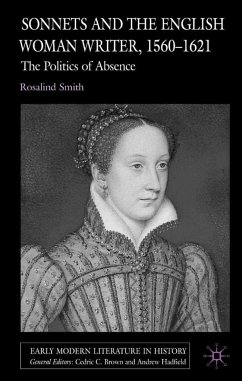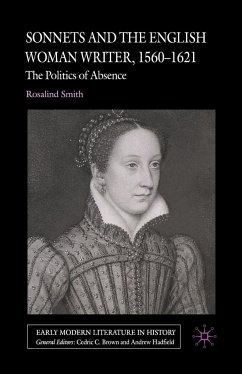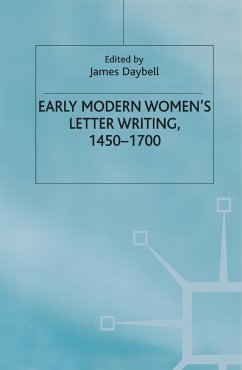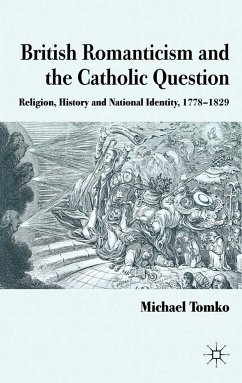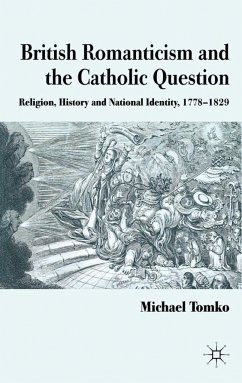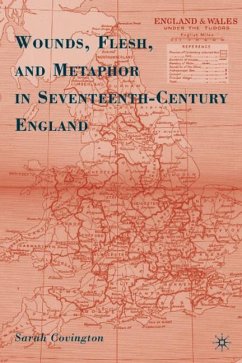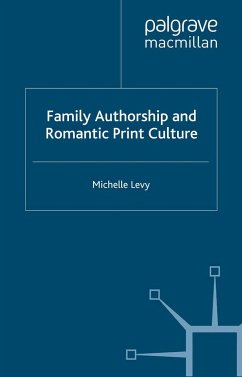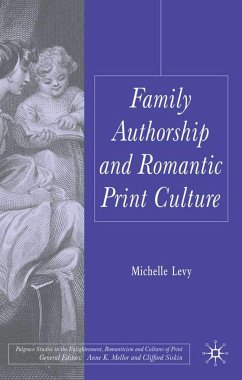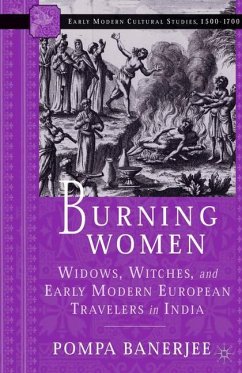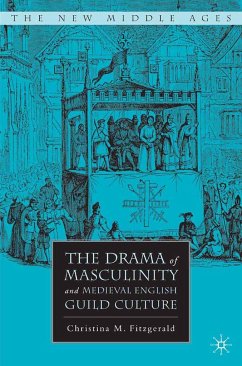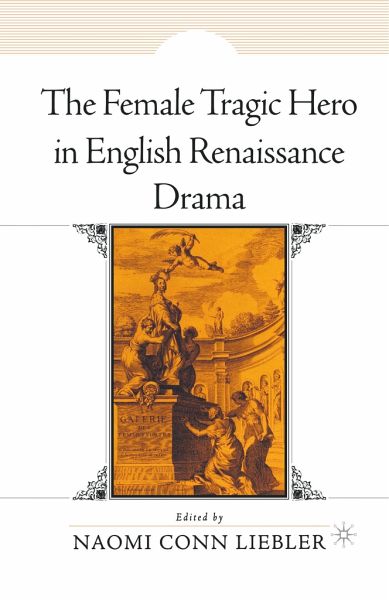
The Female Tragic Hero in English Renaissance Drama
Versandkostenfrei!
Versandfertig in 6-10 Tagen
38,99 €
inkl. MwSt.

PAYBACK Punkte
19 °P sammeln!
This book constitutes a new direction for feminist studies in English Renaissance drama. While feminist scholars have long celebrated heroic females in comedies, many have overlooked female tragic heroism, reading it instead as evidence of pervasive misogyny on the part of Shakespeare and his contemporaries. Displacing prevailing arguments of "victim feminism," the contributors to this volume engage a wide range of feminist theories, and argue that female protagonists in tragedies - Jocasta, Juliet, Cleopatra, Mariam, Webster's Duchess and White Devil, among others - are heroic in precisely th...
This book constitutes a new direction for feminist studies in English Renaissance drama. While feminist scholars have long celebrated heroic females in comedies, many have overlooked female tragic heroism, reading it instead as evidence of pervasive misogyny on the part of Shakespeare and his contemporaries. Displacing prevailing arguments of "victim feminism," the contributors to this volume engage a wide range of feminist theories, and argue that female protagonists in tragedies - Jocasta, Juliet, Cleopatra, Mariam, Webster's Duchess and White Devil, among others - are heroic in precisely the same ways as their more notorious masculine counterparts.





